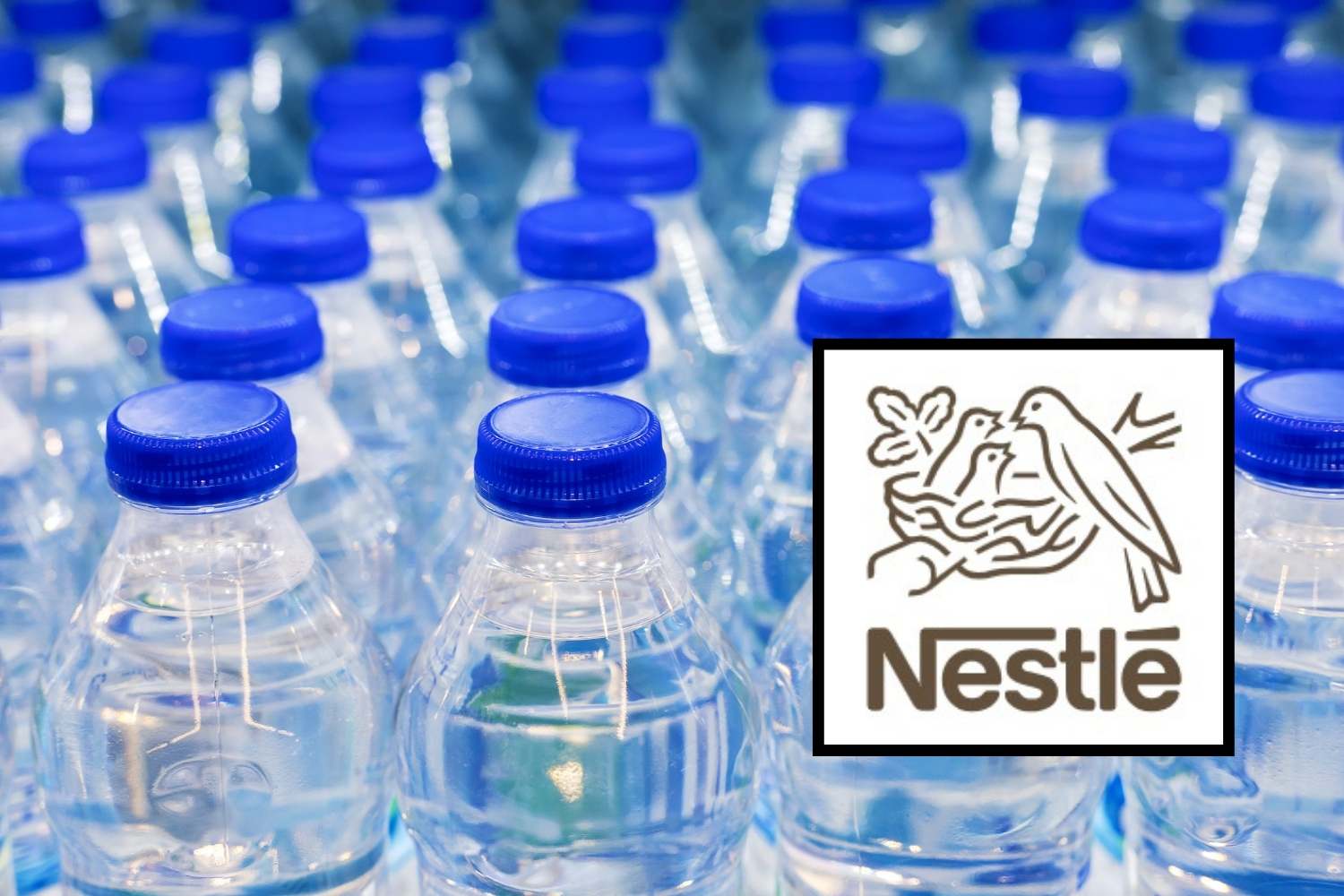Nestlé Waters CEO Muriel Lienau refused to answer senators' questions clearly during the investigation into the contaminated mineral water scandal and now faces charges of perjury

Table of contents
Nestlé is facing a deepening crisis over the unauthorized use of filtration systems for its bottled water. Following alarming revelations in 2024, when it emerged that certain of the company’s best-known mineral water brands, including Perrier, Vittel, and Contrex, contained bacteria, pesticides, and PFAS, the company’s top management, including Muriel Lienau, CEO of Nestlé Waters, are now being questioned by French prosecutors.
The French Senate’s investigative committee has launched a thorough inquiry, and Lienau’s evasive responses could have serious legal consequences.
But for those who haven’t been following the events, let’s have a quick rundown of what happened.
The Nestlé contaminated water scandal
In 2024, a joint investigation by Radio France and Le Monde found that Nestlé, one of the largest bottled water companies in the world, had been involved in an illegal practice. As the revelations showed, the company had marketed mineral waters from brands such as Perrier, Vittel, and Contrex, labeling them as “natural mineral waters” when they had actually undergone prohibited treatments, such as unauthorized filtration processes.
These practices that contaminated the purity of the water were continued despite the fact that there are laws prohibiting the use of such filtration systems.
Nestlé has downplayed the incident, indicating that these practices are no longer ongoing and that the problems were dealt with in the past. However, the investigating committee has yet to elucidate the reasons as to why these treatments were undertaken or who were truly responsible within the company.
Muriel Lienau’s interrogation
Muriel Lienau appeared on March 19, 2025, before the committee of inquiry of the French Senate to account for the situation. During her hearing, Lienau refused to answer many questions regarding internal accountability for the use of the banned filters, describing the situation as “a legacy of the past” whose origin she was unaware of.
Amid ongoing questioning by the senators who were seeking to understand the motives behind these actions and under whose authority they were carried out, Lienau remained tight-lipped.
Her evasive conduct has caused frustrations among the committee members, who charged the CEO with disrespecting the nation’s representatives as well as the consumers. Green Senator Antoinette Guhl was particularly critical of the scripted nature of Lienau’s answers, saying that the responses appeared to have been coached by her lawyers.
Potential charges for perjury
It was made worse for Lienau when it was revealed that her silence under questioning could constitute perjury. Perjury is considered a serious offense in France, punishable by up to five years in prison and a $82,000 fine. The inquiry committee has already indicated that it would refer the case to the Senate presidency to determine whether it should bring charges against Lienau.
Additionally, she has stoked suspicions further by her refusal to divulge the names of individuals who provided her with information on the illegal treatments. Socialist Senator Laurence Rossignol questioned whether Lienau’s silence was a personal decision or an in-house company tactic to protect the people at the top.
The mineral water scandal investigation is also part of a judicial investigation initiated by the Paris Court in February 2025. The alleged crimes are “fraud” and “forgery,” and investigations are ongoing. However, French law protects witnesses in front of investigating committees so that what is uttered in front of senators cannot be turned against them in a criminal trial.
The Nestlé bottled water scandal is not only a matter of public health and legal question but a matter of trust as well. If the leadership of the company does not begin to respond to the questions of the committee, this can become a court battle that further tarnishes Nestlé’s reputation. People and the government want transparency, and the company seems determined not to reveal the complete picture, even when it is most likely very well aware of the facts.
